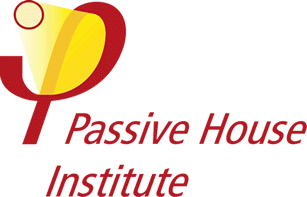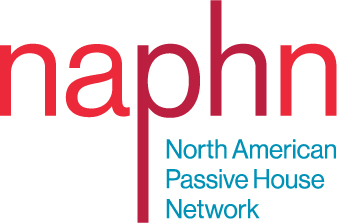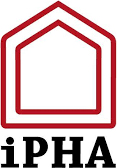Workforce Development and Training, Policy Resource Guide 2019, by Bronwyn Barry, Passive House BB
Between 2014-2016, the New York State Energy Research and Development Authority (NYSERDA) initiated a workforce training and development program focused on subsidizing courses to promote a broad array of skills and services related to improving building energy efficiency. They contracted directly with fifty training providers who offered various specialty courses. Of the 20,407 people trained via this program, 571 of them received approximately $500 each in grant funding to directly offset tuition costs payable towards a Certified Passive House Designer or Consultant (CPHD/C) course or Passive House-specialty trainings. These typically cost ~$1,750 per student without the exam. This grant provided sufficient incentive to commit to taking the eight-day course and helped build a critical mass of trained professionals.
 Funding for this program was depleted over two years, but it generated enough momentum to help drive early Passive House adoption in New York City. This momentum continued and has enabled NAPHN to fill the CPHD course in New York City for the past two years, further increasing local professional capacity and expertise. Evidence to suggest this grant built sufficient professional capacity was demonstrated in May, 2016, via a Request For Proposal (RFP) issued by the City of New York for an affordable housing development of an entire city block. The RFP included a requirement that the delivered project meet Passive House standards. Including Passive House in the RFP would not have been possible without a sufficient number of local professionals who were adequately trained and qualified to deliver this requirement.
Funding for this program was depleted over two years, but it generated enough momentum to help drive early Passive House adoption in New York City. This momentum continued and has enabled NAPHN to fill the CPHD course in New York City for the past two years, further increasing local professional capacity and expertise. Evidence to suggest this grant built sufficient professional capacity was demonstrated in May, 2016, via a Request For Proposal (RFP) issued by the City of New York for an affordable housing development of an entire city block. The RFP included a requirement that the delivered project meet Passive House standards. Including Passive House in the RFP would not have been possible without a sufficient number of local professionals who were adequately trained and qualified to deliver this requirement.
Published data collected in June 2017, recording the location of all Passive House professionals in North America, identified New York and British Columbia as the two North American regions that host the greatest number of trained Certified Passive House professionals. Not surprisingly, these two regions are leading the uptake of Passive House development in North America.
Grant subsidy programs for professional training were offered in both New York and Vancouver. We can therefore conclude that subsidizing professional training accelerates Passive House adoption and implementation.

























